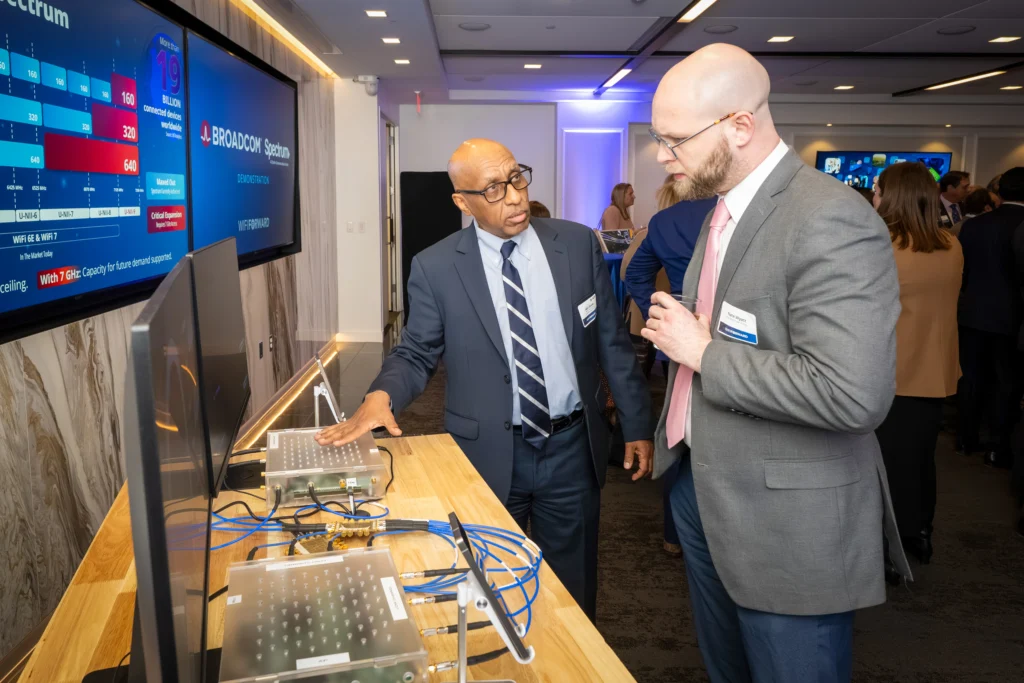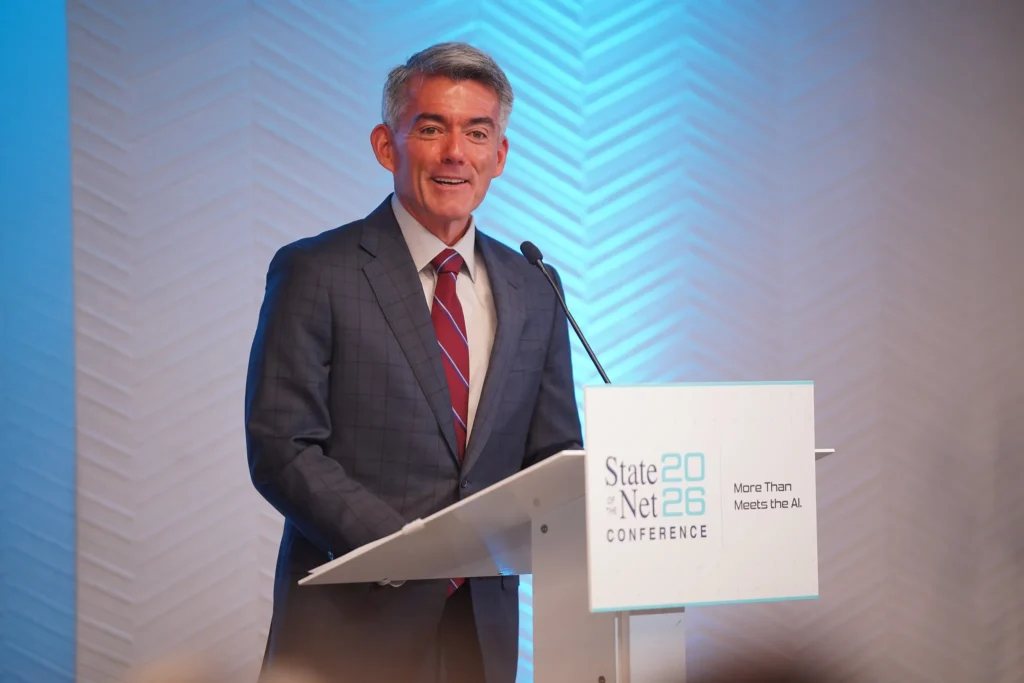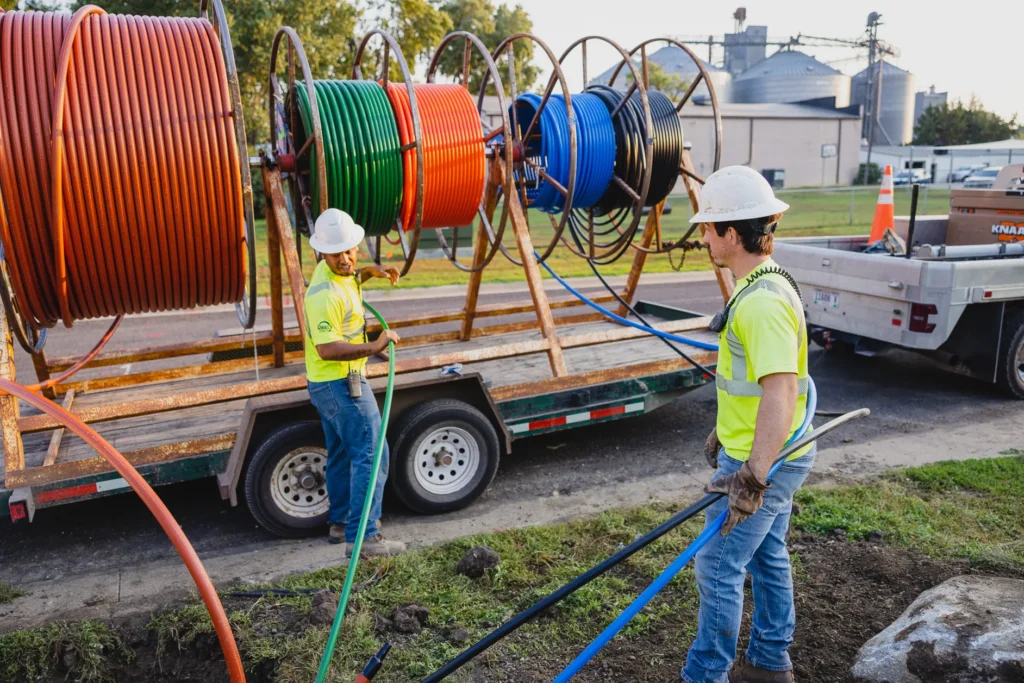“When we use the term neurodiversity, it’s really about taking a look at the thinking styles of people,” said Phil McKinney, CEO of the Colorado-based CableLabs, the cable industry’s technology and innovation consortium. McKinney is a long-time advocate for the hiring and managing of neurodiverse individuals; people who live with varying forms of neurological differences, such as autism. He launched a neurodiversity hiring program at CableLabs a couple of years ago, and the organization now receives calls from all over the world from people and organizations seeking advice on how to manage and coach neurodiverse hires. In an interview with NCTA, McKinney talked about the work that he’s been doing on this front, and why more companies should consider efforts to hire neurodiverse individuals.
For context, one out of our every 68 children in the U.S. are impacted by autism, and 81 percent of people with autism are unemployed. “The whole concept of neurodiversity is to hire people who think differently than yourself, particularly if you are looking for a highly innovative, highly creative workforce,” said McKinney.
McKinney first got involved in advocating for neurodiversity when he was CTO at Hewlett-Packard. While at HP, he gave his daughter, who specializes in speech pathology and works with kids with autism, the task of working with the lab researchers on different technologies and approaches around technical solutions and enablement for those on the more severe end of the autism spectrum. After McKinney retired from HP, the company encouraged him to take his work in neurodiversity to broader avenues. McKinney did just that, and started Hacking Autism, a nonprofit that aims to create and support opportunities on the personal and professional front for people living with autism.
McKinney and Hacking Autism work with corporations on their hiring processes and recruiting practices, guiding them through what they need to do in order to successfully hire, retain and manage people who live with autism. McKinney explained that the standard recruiting process for most companies is very biased—from screenings that look for good eye contact, firm handshakes and engaging conversation, to the questions that are asked. “That’s not the way to evaluate a neurodiverse individual,” said McKinney.
The neurodiverse program at CableLabs really got started a few years ago when the state of Colorado [Department of Labor and Employment] took an interest in partnering with McKinney on career coaching for people with autism. The state also asked if he would consider interviewing an individual with autism—someone who held two masters degrees from prominent colleges, had gone through 61 job interviews, but had received zero offers—for a position at CableLabs.
After going through the interview process, McKinney and CableLabs made the decision to hire him. “That was essentially the launching pad for the hiring program,” said McKinney. “Listening to this young man and the struggles that he went through, and talking to families and other individuals living with autism about their struggles during the interview and hiring process, really opened my eyes to this problem.”
Since then, CableLabs has hired another individual with autism—one who graduated near the top of his class and from a competitive U.S. computer science program, but yet could not get a job before CableLabs. “Both of them have been very successful,” added McKinney. “It’s been an eye opener even for the team at CableLabs to recognize that we all have biases,” said McKinney. “We may not be conscious of that bias, but we all have it. That’s why there’s an 81 percent unemployment rate.” CableLabs also pairs a neurodiverse hire with a mentor (who is not their hiring manager) whom they can look to for support when they need it. “It’s important to ensure that people on both sides are aware and sensitive of the perspectives of the other people,” said McKinney.
McKinney explained that people on the autism spectrum not only tend to be extremely detail-oriented, but they also have a tremendous amount of ideas to contribute to the workforce, and that companies that make the effort to seek out and work with these individuals will only benefit from their contributions.
“Our job at CableLabs is to wake up and invent the future,” said McKinney, which means it’s critical to have employees who are willing to take risks. But most people tend to self filter when they sit around a table with their colleagues, as the group brainstorms the next great idea or invention, McKinney further explained. People on the autism spectrum, however, are less likely to doubt themselves, or self filter before they speak. While this might create social challenges in a business setting, it also allows for genuine creativity and innovation to take place.
McKinney and CableLabs are willing and eager to continue to share their experiences with companies inside and outside of the industry on how to manage and coach neurodiverse hires. “Companies should not look at this as an ‘accommodation,’ but as a way to add even broader diversity to their organizations,” said McKinney.








